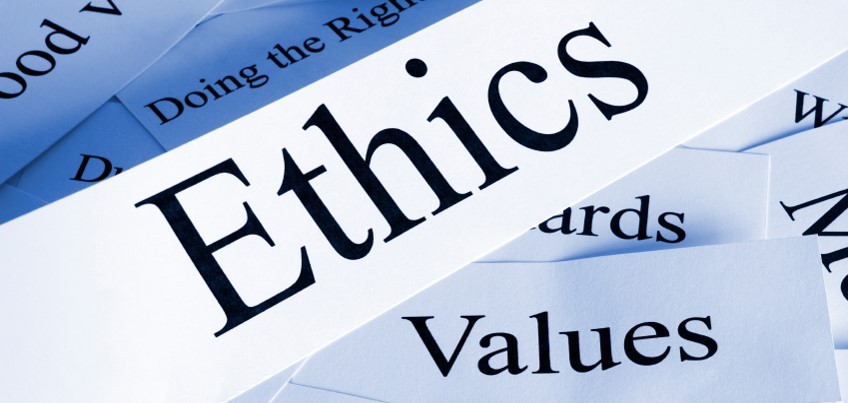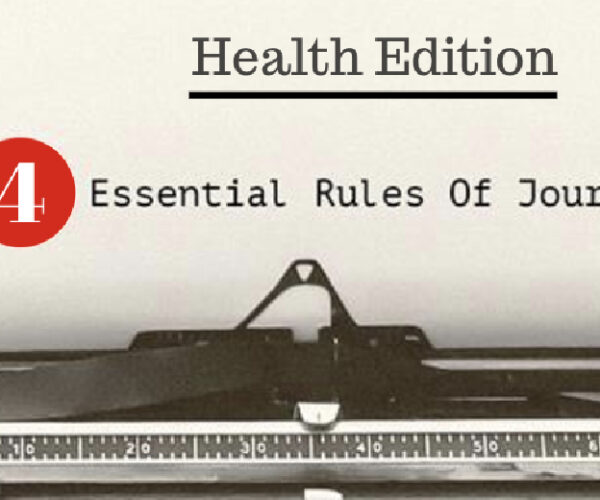Ethics In Journalism
Ethics in journalism are standards and principles of good practice. They provide an excellent foundation for anyone who is in the field of public information, be it a person who aspired to be a journalist or an established news organisation.
Typically, there are several codes of conduct and statements that show the responsibility of how information is used. Most often, media and professionals tend to create their own code of ethics. These codes outline the values and obligations they follow.
That said, most codes of ethics are based on five core principles of ethical journalism:
- Public accountability
- Impartiality & fairness
- Humanity
- Truthfulness & accuracy
- Objectivity
In addition, many organisations and individual journalists follow the practice of limitation of harm. This code dictates that no story they report should cause damage to others. It is these good practices that separate a fake reporter from a reputable one.
In this brief post, we dive deeper into the five core principles of ethical journalism.

The First Three Codes Of Ethical Reporting
- Public accountability:
The first sign of ethical reporting is holding yourself accountable. A professional accepts any errors, corrects them duly and expresses regret for it sincerely.
Responsible and professional journalism means listening to the reader and providing a solution when reporting is unfair, irrespective of the fact that it changes or not the opinion of the audience.
- Impartiality & fairness
Every story comes with 2 sides at the least. There could be more. Ethical practices dictate that the story has to be balanced. Although journalists are not obligated to show every side of the story, they should include the proper context in it. There are times when impartiality is not desirable, like in cases of brutality or suppression. Even in such instances, the story has to remain fair. Only with impartial reporting can you earn the confidence and trust of people.
- Humanity:
On many occasions what journalists write or broadcast is hurtful and harrowing. Even then, they should be aware of the impact of it and do it with a touch of humanity. The effect of images, videos and words should not be harmful or detrimental to the lives of others.
The Last Two Codes Of Ethical Journalism
- Truthfulness & accuracy:
While the truth is too big a concept, journalists do try to get the facts right. This is a cardinal principle of reporting. Every news article should provide all the relevant facts. These facts should be double checked. To further strive for accuracy, any uncorroborated information should be disclosed as such.
- Objectivity:
Journalism is independent. It is objective. It is not the formal or informal voice of a corporation, cultural entity or the politicians. All reporting, therefore, has to be free from any obligations. In case there is a political affiliation or financial arrangement that may act as a conflict of interest, it must be declared.






